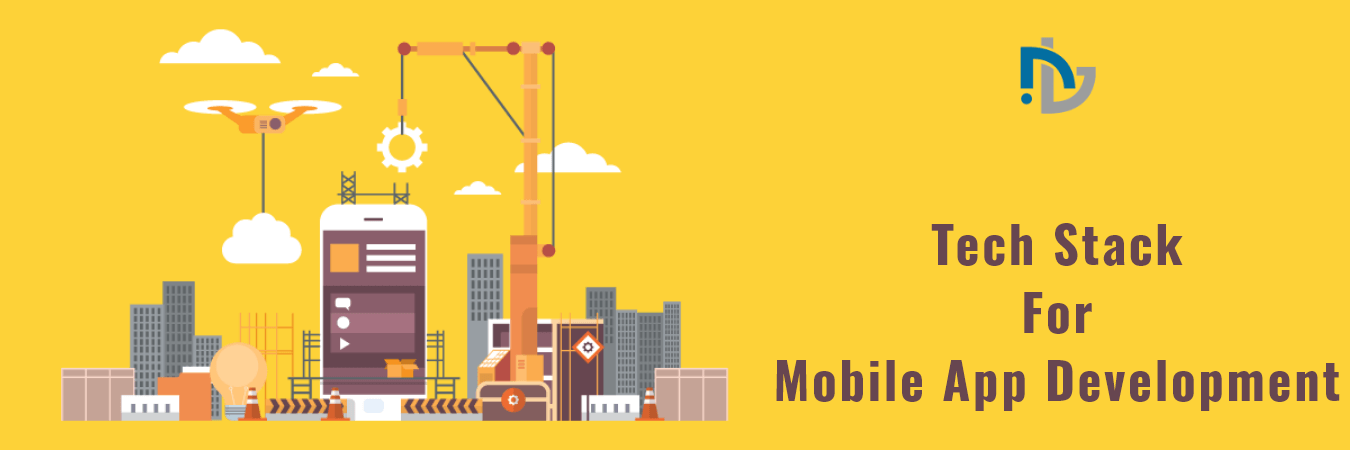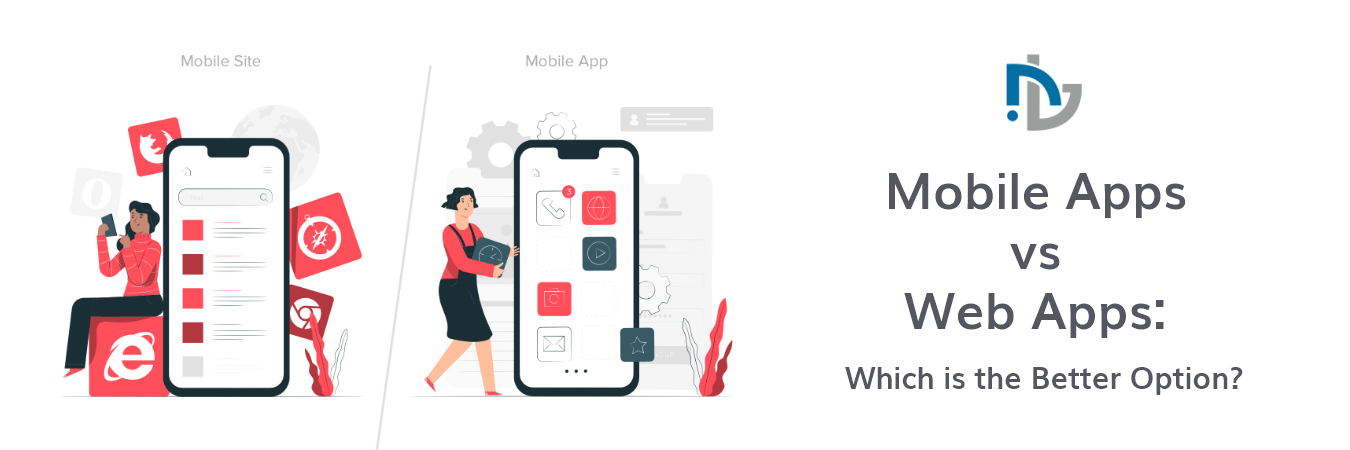Native development means engineering in silos where the app is developed and implemented separately. Investing double efforts, time, and dollars for the same apps to publish on different platforms sounds an inefficient process. This is the reason- the world is showing more interest in React Native framework.
React Native is a powerful tool in the developer’s arsenal that allows them to build high-quality apps at speed for different platforms- iOS and Android. The open-source framework was originally built by Facebook a decade back as a cross-platform development tool.
Here Are More Reasons Why Should You Choose React Native For Mobile App Development:
- Take app performance to the next level
The apps engineered using React Native may not perform at the speed that native apps render. However, React Native app’s performance is boosted by optimizing the app with native code, wherein a couple of features are built using native code. The best instance of it is Walmart, which has refashioned the app using React Native technology to ramp up the app performance.
- Intuitive UI that catches maximum eyeballs
React Native framework is more like a JavaScript library that simplifies creating mobile UI. React Native UI minimizes the loading time, highly responsive, and works seamlessly. Additionally, the pre-built UI-specific declarative components for various platforms are available that facilitate native-like UI development for Android and iOS mobile applications.
- Accelerate the mobile app development
React Native has a range of pre-built components that eliminate the need to write the code to build and deploy the specific functionalities. For instance, PropTypes and Flow work best for type checking, ESLint for linting, AxiOS to set up networking flows, and Redux for state management.
Besides, it facilitates third-party plugin integration that enables developers to add native functionalities without much ado. The Hot reloading feature is an add-on that reloads the app without recompiling the complete code.
Not to forget, code once and use it everywhere approach allow the developers to code once and port it to the different platforms, which means in the development time and cost of one app, the apps for different platforms are built and published.
- Get impressive community support
Saying React Native- a community-driven technology is not hyperbole at all. The open-source platform has more than 2000 contributors on Github where developers can get feedback, collaborate, and share their experience. The huge community helps the rookie players with the required solution if they face any issue or need any kind of assistance. StackOverflow, Codementor, and Reddit are also good platforms when developers seek help.
- The learning curve is easy
The developer who is well-versed in Java programming can easily write React Native programs. The declarative coding style makes the language easy-to-understand and easy-to-code for the developers. There is a lot of developer-friendly documentation along with code blocks that make learning React Native a work of an average Joe even for beginners.
- The credibility that speaks a ton
The plethora of advantages of React Native increases the appeal towards language, but you cannot say the same with authority unless the real-world use cases are shown. The framework is used from fortune 500 companies to SMBs at varied levels. Skype, Instagram, Uber, Tesla, Walmart, gyroscope, and Salesforce are names to few.
Why the developers should avoid using React Native for mobile app development?
- When you need complex UI
The resource-intensive apps that require complex gestures, heavy interactions, screen transitions, and animations, then React Native is a bad choice. Well, there is a gesture responder system in React Native to deal with screens that require complex gestures. But, the wide difference in iOS and Android touch subsystems create issues for developers as they have to work with unified API.
- Integrating native features is tricky
The apps that need native features integration like- media players, cameras, battery monitors, and antivirus, makes building utility features- a hard nut to crack in. However, native wrappers for APIs are available that facilitates building utility features at ease. But it eats up a lot of time and effort as opposed to native app development.
- Underperform in handling native app complexity
We have seen many Android-specific or iOS-specific apps that perform brilliantly on the specific platforms and less often, are not published on other platforms. What’s the reason? Why a couple of apps are built exclusively for the particular OS? The reason is no cross-platform tool can handle this level of complexity that native app development offers. There are a lot of parameters on which the app performance counts on. When the comparison is done- native app development outdo React Native development.
- Certain elements of the same app perform differently on two platforms
Let’s accept it: iOS and Android are two different platforms where cross-platforms apps behave differently. For instance, content cutting, shadows cut off, overflow, and resolution problems are the common issues that pops-up. It negatively impacts the business’s credibility in the market.
- Diagnosing bugs in the abstraction layer is a daunting task
The abstraction layer in React Native is a bridge that activates rendering APIs on Android and iOS. However, finding bugs in the abstraction layer is not easy, and fixing the bugs is no less than back-breaking. Additionally, the reliance on third-party libraries adds up to ensure the framework is up-to-date.
- Coupling third-party libraries and APIs is difficult
In specific use cases, downloading the third-party resources and libraries is vital to building certain functionalities in the app. In React Native app development, this thing is very common. This, in turn, increases the dependency on third-party libraries and APIs, which takes control over a couple of things from you. Plus, the frequent updates to React Native makes the third-party resources and libraries integration outdated, which doubles up your work.
- Testing is not hassle-free
The app developers use React Native to market the app on various platforms at speed. But, if this is the reason you are using React Native, then you should reconsider the testing and debugging issues that you may face. It’s so because the rookie players are not proficient in utilizing chrome debugger’s features for element’s property editing. Well, an in-built code inspector of React Native is a good solution, but not worth it.
Last word
Every coin has two sides- head and tail, the same way- everything like React Native framework has pros and cons. In this blog, we have discussed both aspects of React Native technology. When we look at the real-life use cases of the framework, it’s found that 80% of the businesses have reaped great advantages after its implementation. It concludes that despite having a few problems with React Native, its benefits outdo the cons. So, it makes perfect sense to embrace the React Native framework. All the best!









